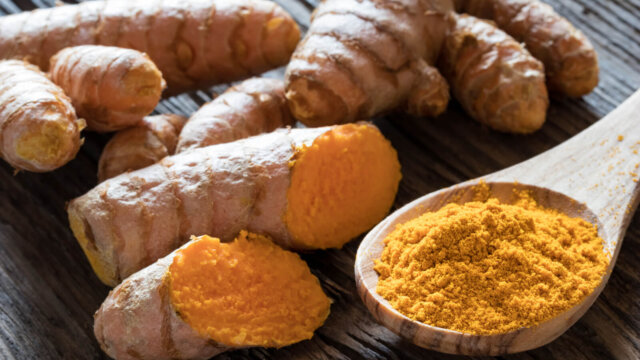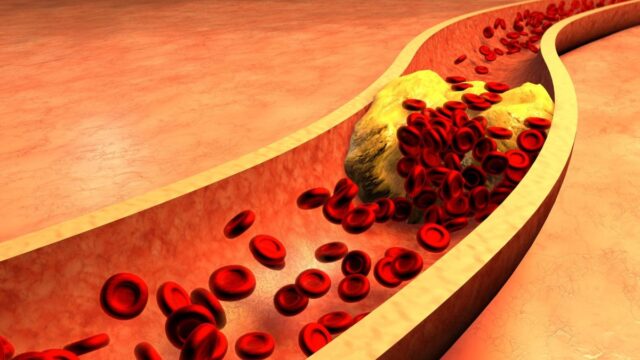FTC disclaimer: This post may contains affiliate links and we will be compensated if you click on a link and make a purchase.
If you are experiencing annoying cold symptoms, you need a natural healing process that can combat cold.
Although there is no immediate cure for cold, some natural home remedies for cold were found to be effective and help reduce the symptoms.
Practically, everyone would have battled with cold and flu at some point in time. According to the Centers for Disease Control and Prevention (CDC), every year in the United States, adults, on average, have two times cold in a year.
Moreover, according to another research, it has been estimated that on average, adults are getting 4 to 6 times colds in a year, while children are suffering 6 to 8 times colds in a year.
The initial stage of colds are a sore throat and runny nose followed by coughing and sneezing. Most people get recovery from the cold within 7-10 days.
There are plenty of quick and natural home remedies for colds that can alleviate your symptoms to some extent. But, we will stick with the 13 most effective natural home remedies for cold.
Most Effective Natural Home Remedies for Cold
Use garlic for cold
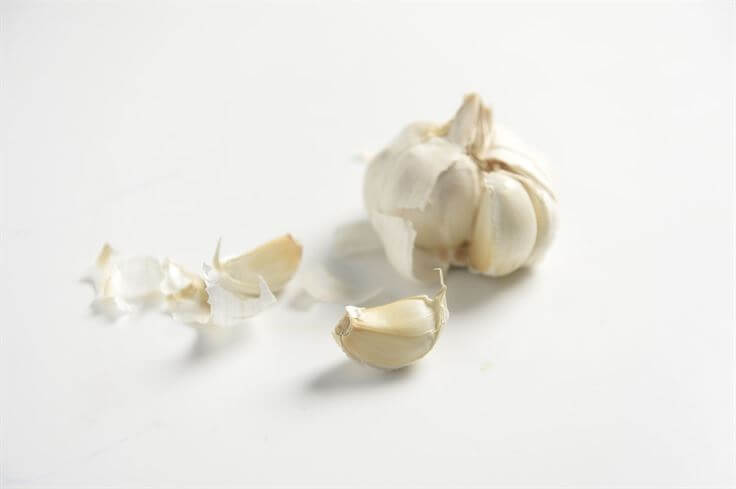
Garlic is one of the most popular home remedies for colds for centuries. It keeps your body warm and also protects you from infectious micro-organisms.
Garlic contains a compound called allicin, which is known for its antimicrobial properties.
However, allicin is unstable, so it gets converted into a sulfur-containing compound that gives garlic its medicinal properties.
A study found that this compound can boost some white blood cells in the body. So, further studies show these white blood cells are responsible for fighting against viruses that cause cold.
How to eat garlic? You can eat raw garlic, or you can incorporate it into your meals. You can also take garlic supplements that can be effective in the treatment of a cold.
Moreover, in a study, it was found that people who took garlic for three months have fewer colds.
Overall, raw garlic is considered to be a more effective home remedy for cold.
Eat fresh ginger for cold.
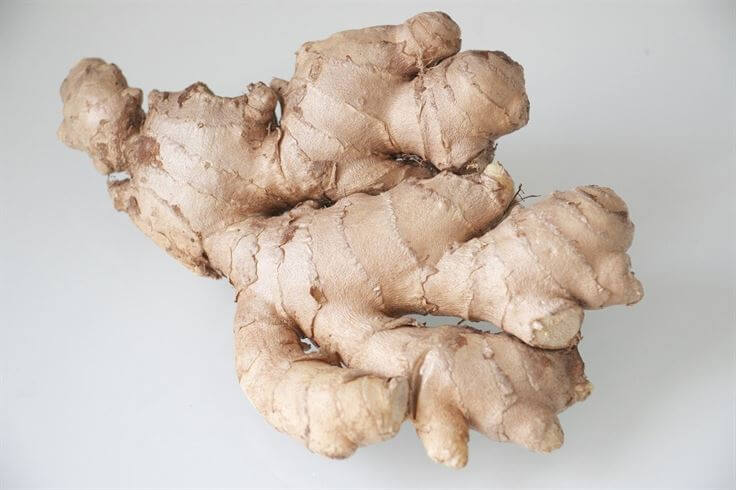
Ginger is an all-time favorite natural home remedy for cold from ancient times.
Ginger contains an anti-inflammatory compound called gingerols and shogaols, which help in relieving sore throat. Also, this compound can kill rhinoviruses that trigger cold in the first place.
How to use ginger? Put a few slices of raw ginger in boiling water. After a while, strain and drink it. It will soothe your sore throat and give relief from the cold.
Also, research suggested that taking raw ginger will ward off nausea that often leads to influenza. It was found that eating 1 gram of ginger can alleviate nausea.
Take Zinc
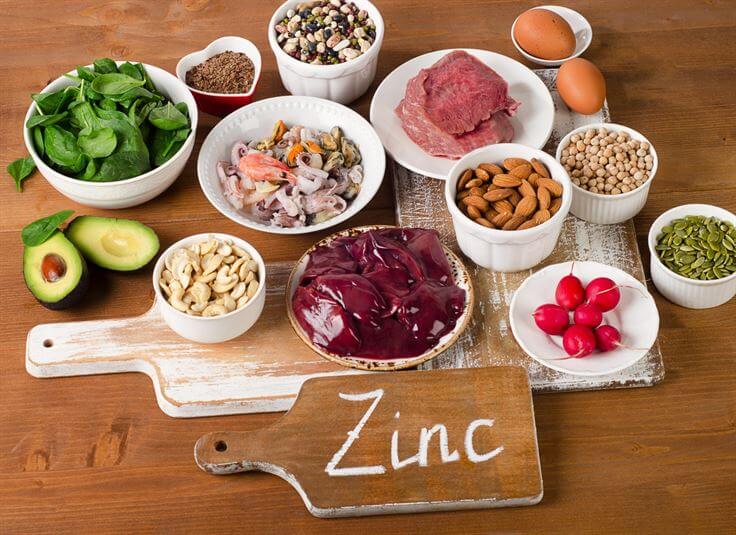
Zinc has become a popular natural home remedy for the common cold.
According to experts, Zinc can prevent viruses like rhinovirus that causes cold.
Moreover, in a study, it was suggested that taking zinc supplements will help shorten the cold length and lessen the severity of the symptoms.
However, in a study, it advised the patient to take zinc supplements within 24 hours of the beginning of a cold.
How to take Zinc? You can take Zinc as a Zinc lozenges supplement, tablet, or syrup. You should also follow the dosage advice on the packaging or consult the doctor.
It should be noted that taking too much Zinc may cause nausea and stomach aches.
You can also use zinc nasal spray, but zinc nasal spray may cause people to lose their sense of smell temporarily.
Take Echinacea herb (Native to the United States)

Echinacea is a herb that is native to the United States. The root of the echinacea plant helps in the treatment of various infections for more than 400 years.
Echinacea contains an active compound called flavonoid that can boost your immune system and reduce inflammation. Also, it has antiviral properties that may fight against flu viruses and prevent cold.
In research, it is suggested that taking Echinacea may reduce the risk of the common cold by up to 50%. Further, it is also proven that it reduces the duration of a cold significantly.
How to take Echinacea in the cold? You can take echinacea root or herb as a tea three times a day.
You can get Echinacea as an Echinacea supplement or Echinacea herbal tea.
Menthol
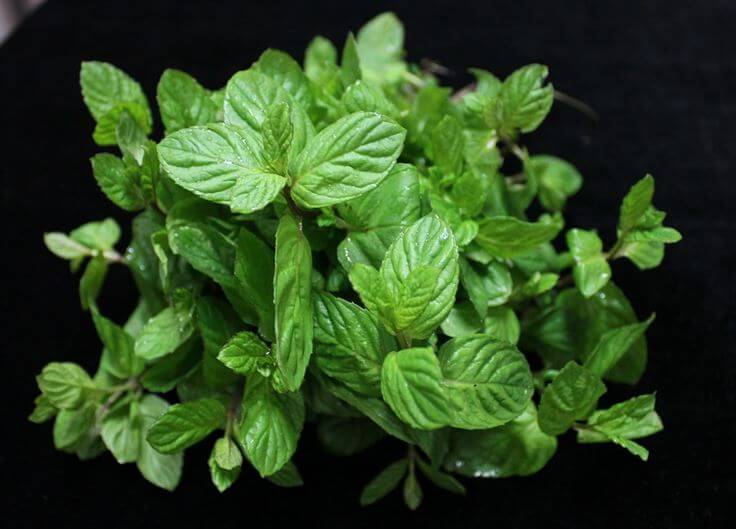
Menthol is a well-known natural home remedy for cold symptoms such as a blocked nose and sore throat.
It is found to be very useful in getting relief from upper airway congestion. Menthol is derived naturally from different types of mint plants as peppermint or mint oil.
Menthol has an antibacterial and pain-relieving effect and is also used as an ingredient in vapor rubs.
Although, in a study, it was found that inhalation of Menthol has reduced cold and cough from environmental irritants.
However, in another study, it was revealed that vapor rub containing Menthol, camphor, and eucalyptus oil had shown significant improvement in adults and children suffering from cold symptoms.
How to use Menthol? You can add menthol essential oil to the bathtub and can take hot showers. It will unblock sinuses and congested airways.
Include Vitamin C
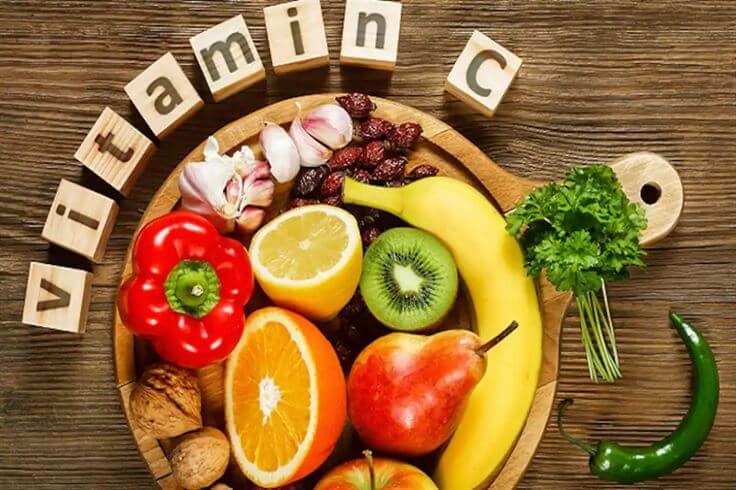
Vitamin C plays a crucial role in the treatment of a cold. It will boost your immune system and thus reduces the frequency of colds.
In research, it is suggested that taking vitamin C could help in preventing cold.
Vitamin C is also an essential vitamin in the treatment of upper respiratory tract infections and other symptoms.
How to take Vitamin C? You can take vitamin C from fruits and vegetables like lime, oranges, avocados, grapefruits, bell peppers, and leafy greens.
You can also add lemons and honey to green tea to reduce cold.
Moreover, you can also have Vitamin C supplements online or grocery store.
Vitamin D
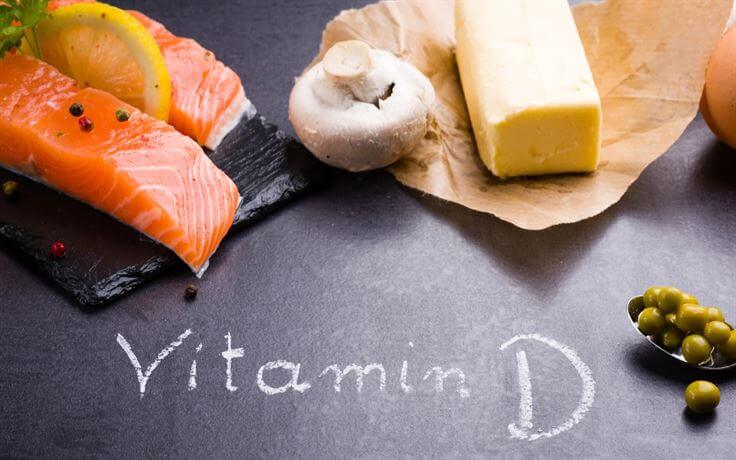
Vitamin D3 is beneficial in reducing and preventing the chances of getting cold.
A research study has shown that when a university student regularly takes vitamin D3, it has considerably reduced the upper respiratory tract infection.
Also, in another research, it is revealed that people with a high level of Vitamin D have lessened the risk of catching a common cold.
Moreover, people living in cold countries are less exposed to the sun, and thus, they need Vitamin D supplements to boost the immune system.
How to take Vitamin D supplements? You can buy Vitamin D supplements derived from natural sources.
Oregano oil
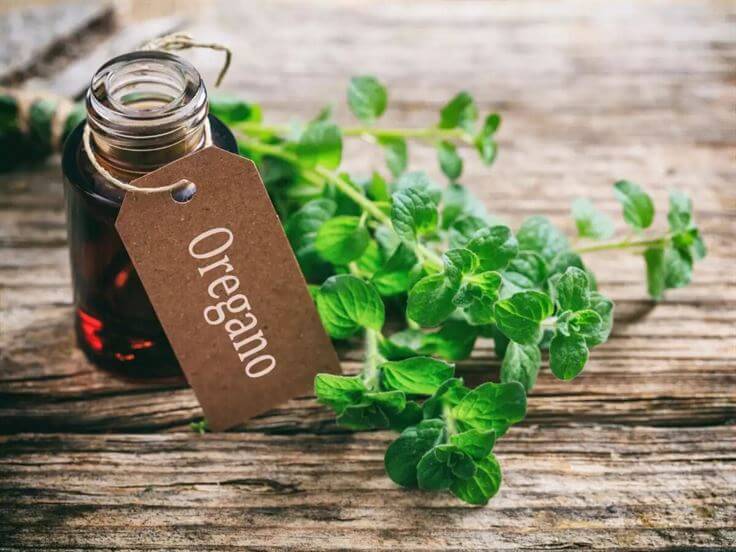
Oregano oil is extensively used as a natural home remedy for cold and its related symptoms. This traditional oil possesses anti-inflammatory and antiviral properties.
Also, Oregano oil contains active healing compounds such as carvacrol, thymol, and terpinene.
However, oregano oil’s antioxidant properties assist in improving respiratory health problems.
A study revealed that an antibacterial compound called carvacrol and thymol in Oregano oil is as effective as a standard antibiotic in fighting against infection.
How to get Oregano oil? You can find it as a soft gel capsule or a tincture. Moreover, you can also use concentrated oregano essential oil as aromatherapy.
Probiotics
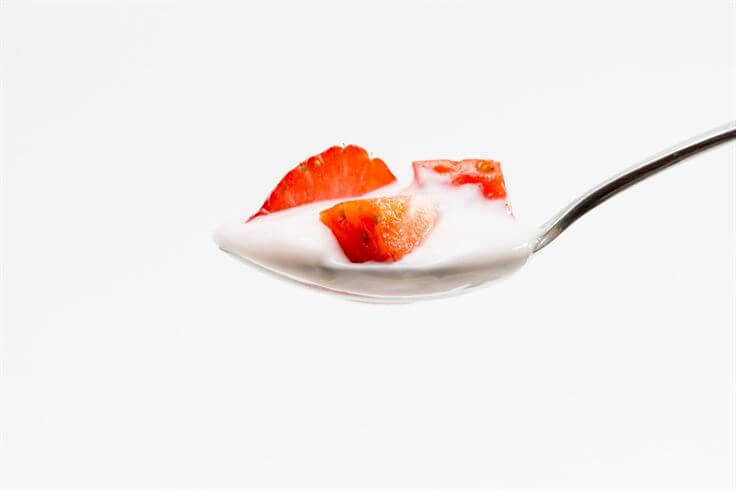
Probiotics are another natural way to protect you from cold and cough. The good bacteria present in probiotics will improve your gut bacteria and enhances your immune system.
A research study has proven that regular consumption of probiotics has lessened the chances of getting an infection in the upper respiratory tract.
How to get probiotics? You can get probiotics from yogurt, or you can buy probiotics supplements. Yogurts are enriched with calcium and protein and can be used as a preferable healthy snack.
Ginseng (North American Herb)
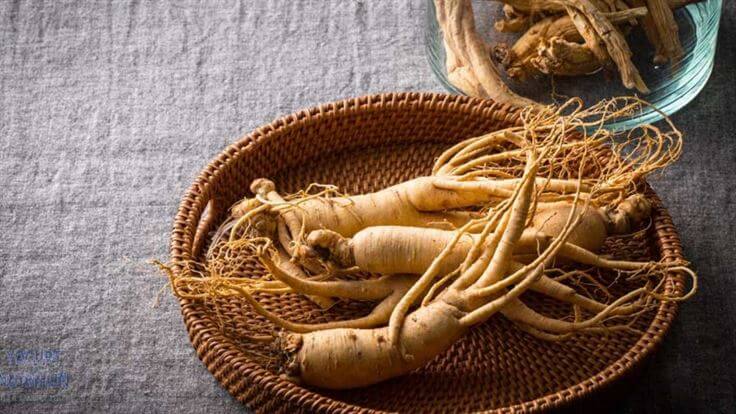
To combat cold and flu, Ginseng is an effective natural home remedy.
Also, the people who take Ginseng has suffered substantially fewer colds.
Several studies conducted on Ginseng has shown that it reduces the risk of getting cold and flu in older adults.
Also, in another research, it was revealed that ginseng extract consumption had lowered the risk of getting influenza and colds.
Moreover, a study conducted on Korean Red Ginseng has shown efficacy in preventing the severity of colds.
How to take Ginseng? You can consume Ginseng in capsule form or as Ginseng herbal tea.
Using humidifier
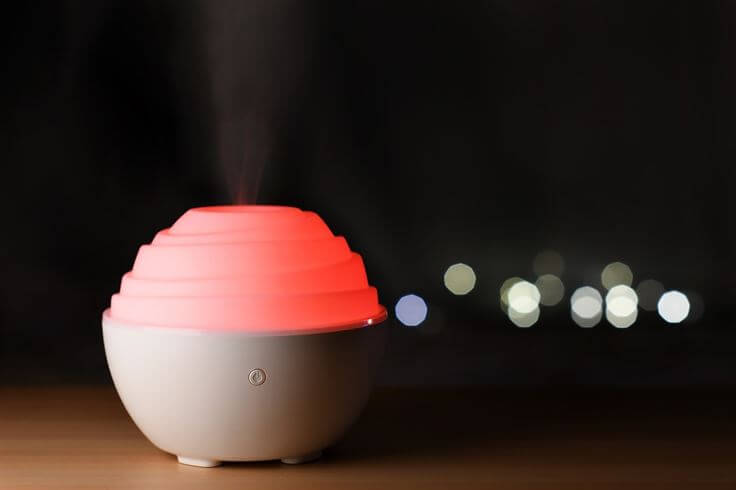
In dry environments, influenza thrives and spreads very quickly. If you create more humidity in your room, it will reduce exposure to flu-causing-virus.
Moreover, humidity is also useful in reducing nasal inflammation and thus making it easier to breathe.
You can also add an essential oil like eucalyptus oil to the humidifier to be more effective.
How to get a humidifier? You can get humidifiers online and also buy some essential oil. Adding a few drops of essential oil to humidifiers will also stimulate your breathing.
Gargling with salt water
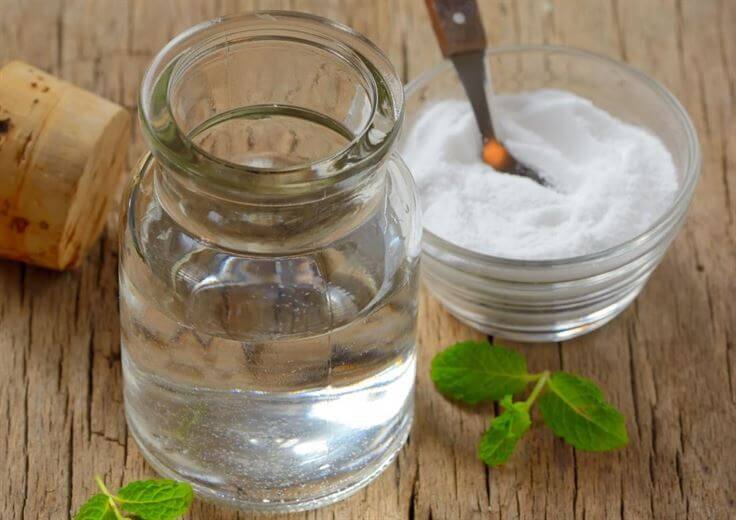
Gargling with salt water has shown effectiveness in upper respiratory infection.
A study found that gargling with salt water has reduced the severity of cold symptoms. It also helps to ease your sore throat pain and nasal congestion.
How to do gargling? You can add one teaspoon of salt to a glass of hot water and then stir it well. You have to swish it around the mouth and throat by facing up and then spit it out.
Take hot Soup (Any soup)

Soups are filled with spices that are very effective in the time of cold and flu.
In a study, it was found that chicken soup inhibits the flow of Neutrophils. Neutrophils are the type of white blood cells that protect your body from infection.
If Neutrophills move slowly, they will get more time to stay in the area that requires healing.
It is also found to be effective in reducing the infection of the upper respiratory tract.
How to use soup? You can make herbal soup in your home. If you are buying it from the store, then look for the free ingredient from harmful chemicals.
Wrap up
People may find the above natural home remedies for colds quite useful.
Besides using the above quick home remedies for cold, you can take plenty of sleep, drink warm water, stay warm, and use a humidifier.
If the symptoms persist for more than a week, then consult a doctor.

